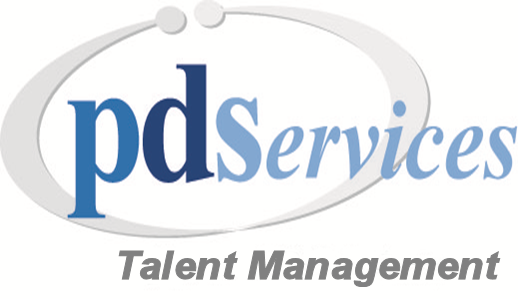Several sources are predicting that work from home may become a permanent option for many companies after the current crisis passes. And many are also predicting that there will be a big hiring boom!
Do Your Employees Have What It Takes to Work From Home?
Without objective data, it’s quite difficult to tell whether or not someone will be successful in a work from home environment. Assessments can indicate which behaviors and qualities are best for the work at home population.
If you are hiring new employees, wouldn’t it be nice to know how they would perform in either an office or work from home situation?
If you are already a client, you can use your existing reports and check for the qualities listed below.
If not, this is a great time to start using assessments! Once an assessment has been taken, it can be used at no extra cost, throughout the employee life cycle. This helps you better understand and manage your team. We offer reports for onboarding, promotion, management, team building, and more. Click here to learn more.
Here are some things that may help you in times of change, such as the current quarantines, where employees are suddenly working from home.
Our assessments cover cognitive and personality traits, but the following are especially important for those who work at home.
Reasoning Ability
Ability to assimilate information; expected reasoning, learning, and problem-solving potential
Consider whether there are new things to learn or changes for the employee working from home. Those employees who are lower on reasoning ability, particularly in the 1 to 3 range, will learn more slowly and you need to make sure they are trained and coached patiently and more frequently.
One area to think about would be technology. Often, when working from home, you need to learn new technologies and won’t have the level of support you might have when working in an office.
Manageability
Tendency to follow policy, accept supervision, and work within the rules
Employees who are higher on the manageability scale are most effective when they have processes defined and have guidance from their supervisor. Pay attention to whether processes change or are relaxed when working remotely. Also consider whether you, as the manager, are available to give sufficient guidance. Strive to communicate process changes and expectations, particularly to those high in manageability.
Competitiveness
Tendency to work toward goals and be the best; driven
Those who are high in competitiveness are comfortable pursuing their goals regardless of the situation. Just make sure they have agreed to, and understand their goals. Employees who are lower on competitiveness may need more attention and monitoring when working remotely.
People Contact
Tendency to be outgoing, people oriented, and to participate with others
People contact is critically important for those working remotely. Those who score low in people contact, prefer to work on their own much of the time. They will adapt more easily to working remotely. Those who score high on this scale, are fueled by engaging with people and will struggle with a feeling of isolation. Talk with them frequently, involve them in video meetings and conference calls. Apps like Zoom, GoToMeeting, and the phone aren’t perfect substitutes for real human interaction but they are the best we can do in times of quarantine!
Sense of Urgency
Tendency to display intolerance and an eagerness for immediate results
The importance of an employee’s sense of urgency depends on the individual’s workload and if it differs from normal. Those with a high sense of urgency thrive on immediate results and are OK with lots of things being thrown on their plate. When they’re away from the hustle and bustle of the office, interruptions and workloads may be down, leading to boredom. Make sure those with a higher sense of urgency have an appropriate workload and recognize their task/project completions.
On the other hand, many working remotely may be thrust into a more chaotic environment. If employees are lower in sense of urgency, and are suddenly faced with interruptions from their children, pets and spouses, adjustment will be more difficult. Make sure you coach them on ways to stay focused given their current work environment.
Attitude
Tendency to have a positive or optimistic outlook regarding people and outcomes
This can be a vital scale. Employees who are naturally skeptical (low on the Attitude scale) will need some assurance that things are OK. Keep them posted on department and company progress. Recognize their contributions. Employees who are higher on attitude are more trusting, optimistic, and better prepared to deal with a quarantine situation.
Take Charge
Tendency to strive for control of people and situations; to lead vs. follow
Employees who are low on this scale are most comfortable with guidance from a manager or team. They may need extra attention from the manager (via phone or web meetings), to keep on track. Those with higher take charge scores should adapt more easily to working remotely.
This is not a definitive listing of things that may arise when there is a drastic change in the normal workday, but it is meant to provide some food for thought. It should help a manager prioritize time spent communicating with employees working from home. You can take advantage of this valuable employee information to help them adapt to changing times, maintain their productivity, and keep them engaged.
If you are missing “People Contact” just give us a call. We are happy to speak with you! Visit us here or call 740-326-6851.
Contact Us
4015 Executive Park Drive, Suite 100C
Cincinnati, OH 45241
Phone: 740-326-4494
Email: info@pdservices.com
© 2024 PDServices | All Rights Reserved




